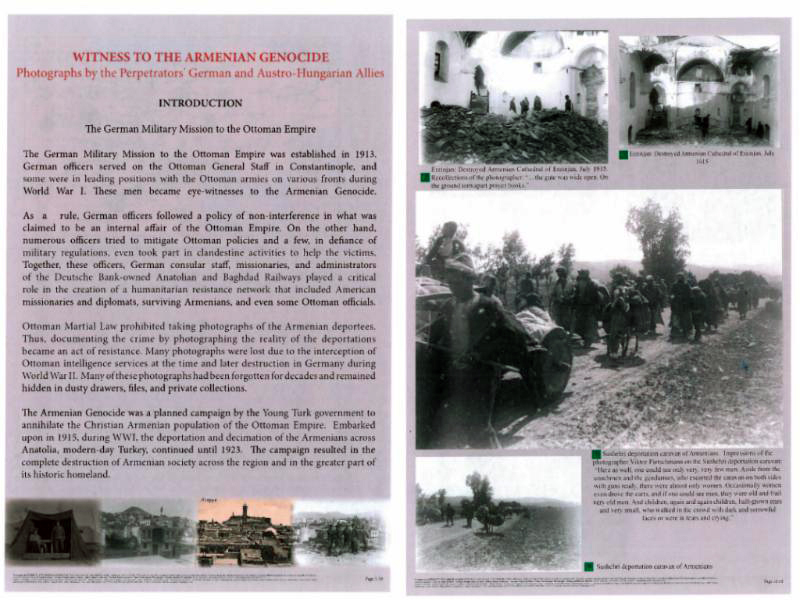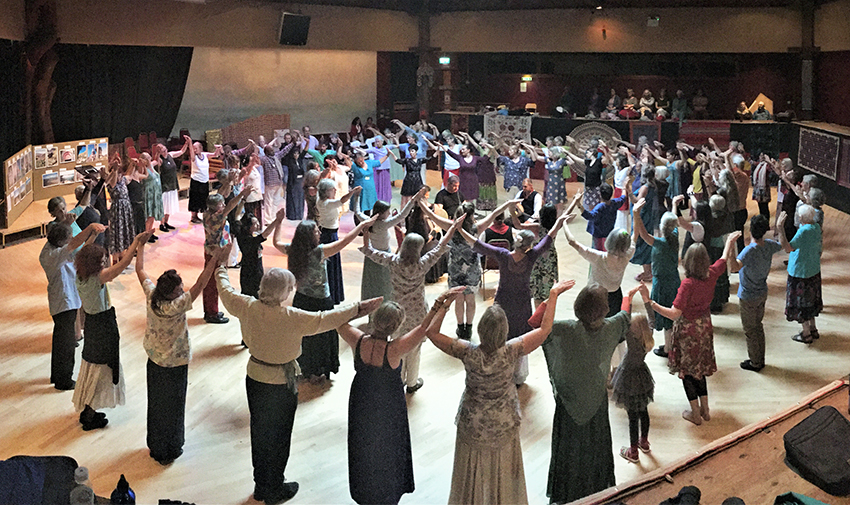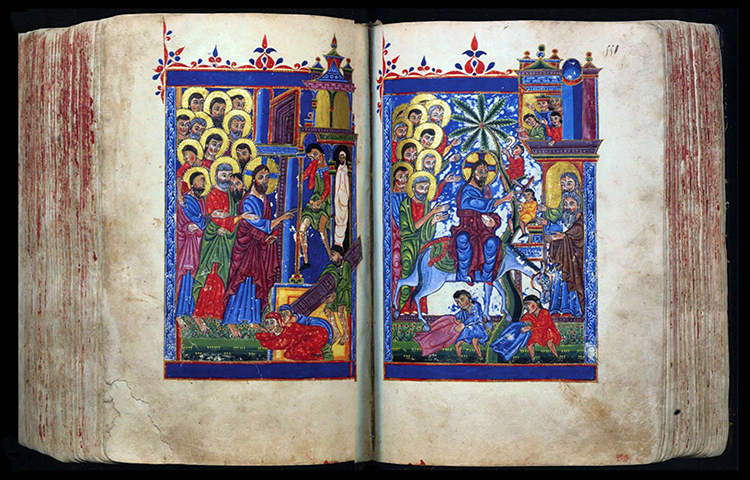WASHINGTON, DC — With the continuing expansion of the information on the Armenian Genocide available on the Armenian National Institute (ANI) website, a marked increase in the number of visitors was registered this past year, jumping by one million hits, and growing the site from two million to close to three million hits in 2013.
Public and scholarly interest is clearly registering with ever growing utilization of ANI materials. Both in anticipation of heightened worldwide interest as the centennial approaches in 2015 and as a result of increasing Turkish openness on the subject of the Armenian Genocide, ANI has been preparing major resources and making them available to the public, to support educators, to encourage researchers, and to assist Armenian community efforts.
In March 2013, ANI, along with, the Armenian Genocide Museum of America (AGMA), and the Armenian Assembly of America (Assembly), issued a digital exhibit titled WITNESS TO THE ARMENIAN GENOCIDE: Photographs by the Perpetrators’ German and Austro-Hungarian Allies. The ten-poster set included an introductory page, a detailed timeline, a color-coded map geographically matching the photographs with their location, and seven pages displaying 34 captioned historic photographs depicting the deportations, massacres, and concentration camps. Since its release, over 75,000 copies have been downloaded. Additional downloadable exhibits will be made available, and as with the 2013 digital and printable exhibit, they will be distributed free of charge.
As part of its ongoing program to promote the teaching of genocide and human rights and the lessons of the Armenian Genocide, in early 2013 ANI announced the release by Routledge publishers of the fourth edition of Centuries of Genocide: Essays and Eyewitness Accounts, the genocide and human rights studies textbook widely used in college and high school courses. This new edition addresses examples of genocides perpetrated in the nineteenth, twentieth, and twenty-first centuries. The chapter on the Armenian Genocide, which has appeared since the first edition of the publication, is authored by ANI Director Dr. Rouben Adalian. More than 50,000 copies of the publication have been sold over the years.
This publication was followed by the release of the online and print versions of the second edition of the Encyclopedia of Race and Racism issued by Macmillan Reference, a major publisher of educational materials, to which Dr. Adalian contributed an entry on the Armenian Genocide. The article appears in a section dedicated to Genocide and Crimes Against Humanity that includes entries, among others, on the Assyrian Massacre, Bosnia, Cambodia, Japanese Occupation, Mayan Genocide in Guatemala, Rwanda, and Sudan.
As part of its continuing service to educators and to coincide with the release of Centuries of Genocide, ANI expanded its “Resource Guide” and other sections of the “Education” component of the ANI website. Dozens of resources were selected for their instructional value and are listed for the benefit of students and teachers. ANI also expanded the database it maintains on Armenian Genocide memorials.


The “Affirmation” section of the website reflects municipal, state, and federal level recognitions from around the world. With 174 official documents posted supporting the record of affirmation by 43 of the United States, another 50 posted official enactments attest to the extent of international affirmation of the Armenian Genocide with 21 countries formally on record. To facilitate navigation of the growing list of international recognitions, a summary page listing the countries in alphabetical order is provided.
Continuing its services, ANI, in coordination with AGMA and the Assembly, is preparing to issue by April 2014 a major new online exhibit on the Armenian Genocide featuring extensive new photographic and documentary evidence.










